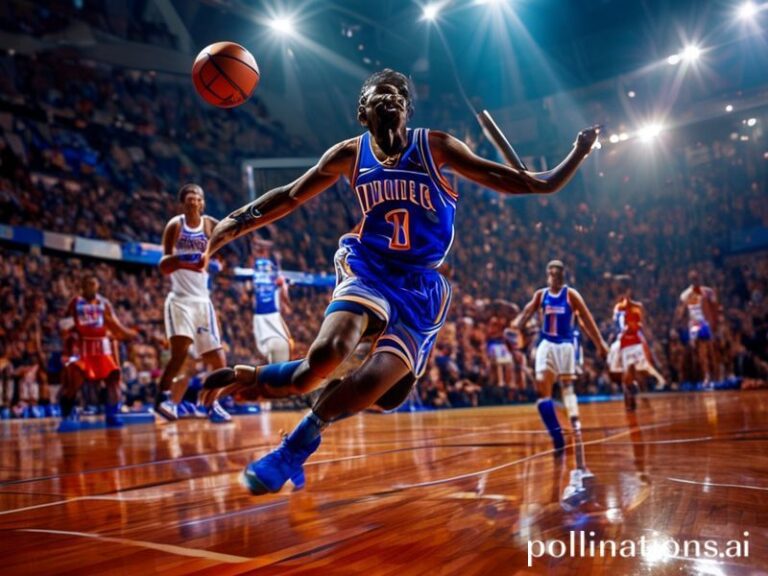Axel Rudakubana: The Teen Who Took on the World (Wide Web) and Won
# Axel Rudakubana: The Teen Who Took on the World (Wide Web)
In the vast, chaotic landscape of the internet, trends come and go faster than a TikTok dance challenge. But every now and then, a story emerges that captures the global imagination, sparking debates, memes, and a whole lot of hot takes. Enter Axel Rudakubana, the 17-year-old Swiss-Ghanaian footballer who’s been making waves—both on and off the pitch—recently. But why is this young man trending globally, and what does his story tell us about the world we live in?
## The Rise of Axel Rudakubana
Axel Rudakubana is a rising star in the world of football, currently playing as a goalkeeper for FC Basel in Switzerland. But his recent surge in popularity isn’t just about his athletic prowess. It’s about the cultural and social conversations his story has sparked.
Axel’s journey is one of resilience and determination. Born in Switzerland to Ghanaian parents, he’s faced his fair share of challenges, including racism and discrimination in the sport he loves. But instead of letting these obstacles hold him back, Axel has used them as fuel to propel himself forward. His story resonates with a global audience because it’s a narrative we’ve all come to recognize: the underdog who refuses to be defined by the limitations others impose.
## Cultural Context: Football as a Global Unifier
Football, or soccer as it’s known in some parts of the world, is more than just a game. It’s a cultural phenomenon that transcends borders, languages, and social divides. The beautiful game has the power to bring people together, to inspire, and to challenge societal norms.
Axel’s story fits perfectly into this cultural context. He’s not just a footballer; he’s a symbol of hope and perseverance for young people around the world who face similar struggles. His rise to prominence is a testament to the power of sport to break down barriers and create opportunities.
## Social Impact: A Voice for the Voiceless
One of the reasons Axel Rudakubana is trending globally is his willingness to speak out against racism and discrimination in football. In an industry that has long been plagued by these issues, Axel’s voice is a refreshing and necessary one.
His openness about his experiences has sparked important conversations about diversity and inclusion in sports. It’s a reminder that progress is possible, but it requires courage, visibility, and a willingness to challenge the status quo. Axel’s story is a call to action for institutions, fans, and fellow athletes to stand up against injustice and work towards a more equitable future.
## What Makes This Topic Significant?
Axel Rudakubana’s story is significant for several reasons. Firstly, it highlights the power of individual resilience in the face of adversity. His journey is a reminder that success isn’t just about talent; it’s about perseverance, grit, and the ability to overcome obstacles.
Secondly, his story shines a light on the ongoing struggle against racism and discrimination in sports. It’s a conversation that needs to be had, and Axel’s platform gives him the opportunity to amplify these issues and push for change.
Lastly, Axel’s rise to fame is a testament to the power of social media and the internet in shaping global narratives. His story has gone viral not just because of his athletic abilities, but because of the relatable and inspiring nature of his journey. In an age where information spreads at lightning speed, stories like Axel’s have the power to captivate and inspire millions.
## Conclusion: The Ball is in Our Court
Axel Rudakubana’s story is more than just a trending topic; it’s a cultural moment. It’s a reminder that the world is watching, listening, and ready for change. As we continue to follow Axel’s journey, let’s also take a moment to reflect on the broader implications of his story. Let’s use this moment to challenge our own biases, to stand up against injustice, and to support those who are working to make the world a more equitable place.
After all, the ball is in our court. And it’s up to us to make the right play.







